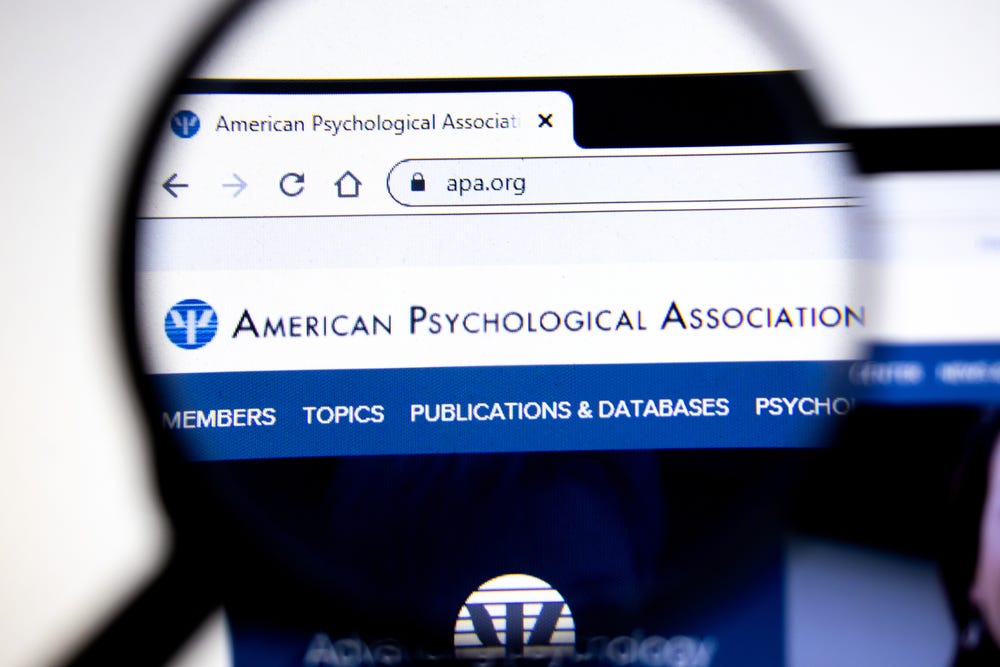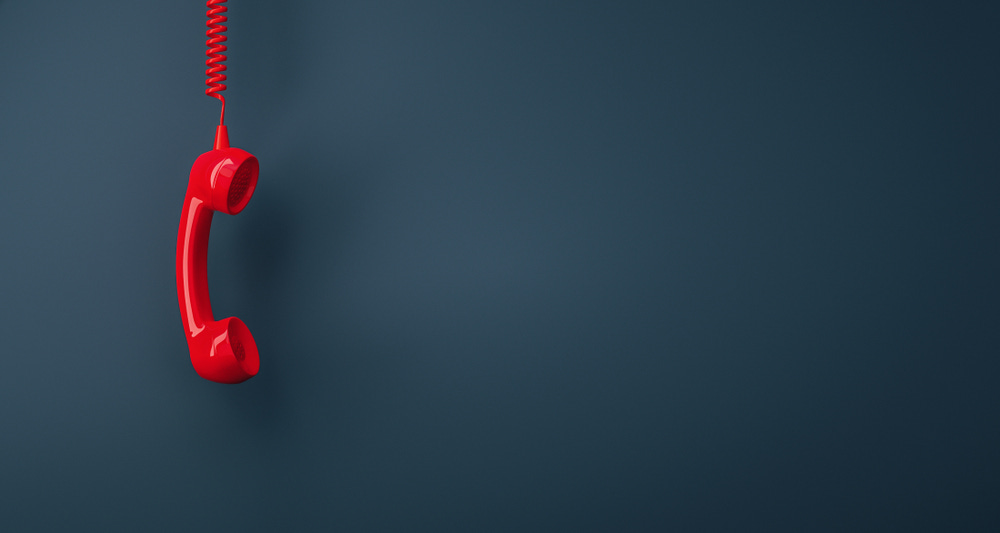E-Pluribus | January 3, 2022
Academic freedom at risk, what is happening to the American Psychological Association, and when is a hotline not a hotline?
A round up of the latest and best writing and musings on the rise of illiberalism in the public discourse:
Philip Carl Salzman: The War Against Academic Freedom
One of the ironies of the present-day “social justice” movement is the injustice that it employs to further its ends. Philip Carl Salzman, emeritus professor at McGill University, writes that student activists, faculty members and school administrators endanger the academic freedom fundamental to our system of higher education with relentless attempts to strongarm conformity to their own standards of acceptable behavior and thought.
In today’s “social justice” university, academic freedom means that you can either endorse the “social justice” policies of “diversity, equity, inclusion,” or you can stay silent, as Professor Dorian Abbot found out. The Enlightenment academic freedom, in which members of the university community could pursue their investigations without restraint and follow them to their conclusions, is but a distant memory. Universities have mostly given up the search for truth in favor of the advancement of DEI political goals, and are thus not so much educational institutions as they are “social justice” seminaries.
Enforcement of compliance with “social justice” ideology and policies does not rest only on the shoulders of diversity commissars. Some professors and students are ready to take up the cudgels to batter deviants and heretics. One method is to denounce the offender by circulating a petition among fellow professors, as a hundred Stanford medical colleagues did against Dr. Scott Atlas in 2020, following which the Stanford Faculty Senate voted to condemn Atlas.
Another popular method of canceling a faculty member is the “open letter,” written by DEI vigilantes to expunge the community of a heretic. […]
These attempted political assassinations are poison to the Enlightenment ideal of the university. It is critical to distinguish between legitimate academic inquiry and debate, on the one hand, and vicious political attacks on individuals and segments of the university community on the other. While academic debates on all topics should be encouraged and supported, political attacks should be rejected as anti-academic and anti-community.
Toleration of these attacks is a destructive policy for a university. The university must stand against them by instituting consequences for such attacks. Targeting individuals and segments of the university population should be banned outright. Those who flout the ban must be subject to consequences. University groups that sponsor and sign onto such attacks should be disbanded. Individuals, whether students, staff, or professors, who endorse such attacks should be disciplined, at least by a negative notation in their records.
Read it all.
Christopher J. Ferguson: My APA [American Psychological Association] Resignation
After years of membership and involvement in the leader of the American Psychological Association, Christopher Ferguson has resigned. At Quillette, Ferguson explains his decision is based on the APA’s abandonment of “science and good clinical practice” as guiding principles in favor of social and cultural causes.
More recently, the APA announced a list of “inclusive language”, adding to the language policing that has become common in left spaces from journalism to the American Medical Association. “Mentally ill” is replaced with the clunky “person living with a mental health condition” and “prostitute” with “person who engages in sex work.” We’ll no longer have the elderly or seniors (“older adults” or “persons 65 years and older”). Just to make the “person with” format confusing, “person with deafness” is out (“deaf person”) as is “person with blindness” (“blind person”). Advocating color-blindness is out, as are caucasians (“White” or “European” is preferred). We’re not to talk about birth sex or people being born a boy or girl (“assigned female/male at birth” is the language of choice now). There are no more poor people just “people whose incomes are below the federal poverty threshold.” We’re not to use words like “pipeline” (“triggering” to Native Americans given controversies over fuel oil pipelines on Native lands), “spirit animal” (use “animal I would most like to be” which isn’t really the same thing) instead, or “tribe.” “Violent” language like “killing it” or “take a stab at it” is to be avoided. A lot of this is obvious safetyism, which I worry that, by treating people like they’re made of spun glass and incentivizing outrage and offense, will contribute to escalating mental health crises. But, as others have pointed out, it’s also elitist as most people couldn’t hope to keep up with the ever-changing language rules of the academic elite.
In fairness, the APA is hardly unique in its ostensible capture by wokeness. The British Psychological Society, in a statement uncritically quoting controversial “anti-racism” figure Ibram Kendi and speaking of Covid said, “It arrived in a society beset with systemic racism, inequity and oppression of minority and marginalised groups…” In 2021, a UK government report by a commission consisting mainly of scholars of color concluded that the evidence for systemic racism in the UK was lacking. In response, the BPS doubled down saying “We are particularly concerned that the re-traumatising of Black, Asian and Minority Ethnic people through a denial of their lived experience, will have an adverse psychological impact.” Yet, lived experience (e.g., anecdote) both varies widely within groups and is generally a poor source of information. We should certainly listen to people’s views and experiences, and these can guide research, but they shouldn’t trump data.
Read the whole thing.
Christian Schneider: After one year, U.S. Department of Education stays mum on ‘Free Speech Hotline’
Just over a year ago, the Department of Education created a “Free Speech Hotline” to field calls about First Amendment violations on college campuses. Despite repeated efforts by The College Fix to get an update on the hotline’s activity, the DOE refuses to release any information.
One year later, the department is still withholding records detailing the nature of the complaints filed with the hotline.
On March 31, 2021, The College Fix filed a Freedom of Information Act request with the department to see what types of complaints had been reported. Aside from being granted a waiver of the typical freedom of information act fees, The Fix has not heard back from the department regarding the request.
[…]
In December, a department spokesperson declined to comment on the status of the request, instead directing The Fix to the FOIA department, which had declined to respond to the September 27 email.
The request is currently listed on the department website as “processing.”
Read it all here.
Around Twitter
In a move seemingly calculated to confirm stereotypes, Facebook has banned advertising by and locked the account of Heroes of Liberty, a new conservative children’s book publisher run by Bethany Mandel, ostensibly for “Low Quality or Disruptive Content”:
The publishing industry is continuing to struggle with internal pressures:
And finally, in some circles, even a photo with comedian Dave Chappelle is a bridge too far. 2022 is off to a very 2021 start:















